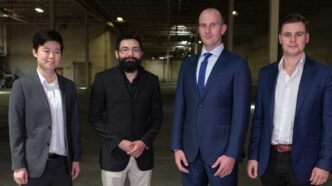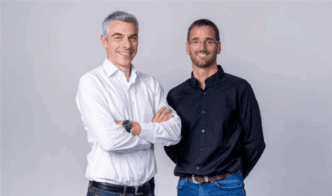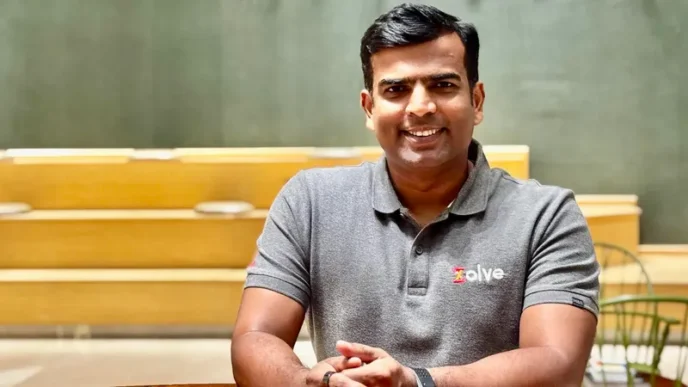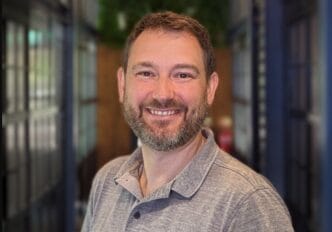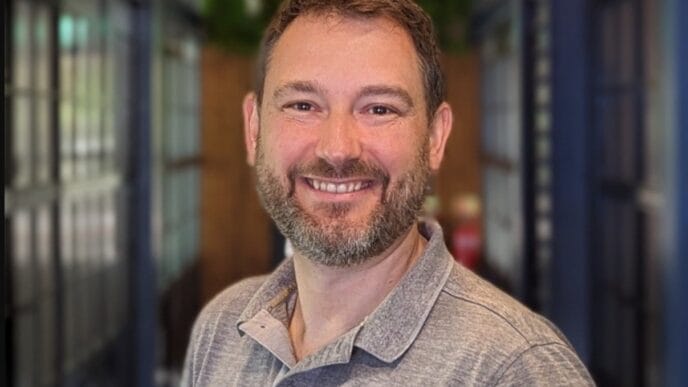Amid tightening Chinese export controls, Massachusetts-based Phoenix Tailings has raised a total of $76 million to scale up rare earth metal refining in the U.S.—a critical move to strengthen domestic supply chains and protect national manufacturing sectors.
The Series B round, initially closed at $43 million with Envisioning Partners at the helm, was recently expanded with an additional $33 million. This second close brought in fresh capital from strategic investors including Escape Velocity—a venture vehicle led by ex-Goldman Sachs executives Ganesh Ramani and Ram Sundaram—as well as Builders Vision, Yamaha Motor Ventures, M Power, and Presidio, the venture arm of Sumitomo Corporation.
With global demand for rare earth elements surging and over 95% of the world’s processing capacity concentrated in China, the stakes have never been higher. Beijing’s recent decision to impose new export restrictions on rare earth materials poses a direct threat to U.S. access. Phoenix Tailings aims to flip that script.
The company is now building a new refining facility in Exeter, New Hampshire. This site will process up to 500 tons of rare earth metals annually—enough to meet the entire demand of the U.S. defense industrial base. The first phase of the facility, expected to go live in summer 2025, will produce 200 tons per year.
Unlike legacy operations, Phoenix Tailings has developed a rare earth refining process that handles diverse feedstocks—including raw materials from U.S. mines, recycled electronics, coal ash, and industrial byproducts—and turns them into finished metals. This integrated system handles both separation and metallization, a leap forward for domestic refining technology.
The Exeter facility will focus on producing neodymium-praseodymium, ferro-dysprosium, dysprosium, and terbium. These metals are vital for high-performance magnets used in electric vehicles, medical imaging machines, wind turbines, and military equipment like fighter jets and submarines.
CEO and co-founder Nick Myers sees this moment as more than just a business milestone. He believes it marks the beginning of a new era of American-made materials.
“We’ve seen what happens when critical supply chains rely on geopolitical adversaries,” said Myers. “But this challenge also opens the door to lead. With the right technology, the right people, and now the right partners, we’re proving rare earth independence is not only possible—it’s happening.”
Investors backing Phoenix Tailings share that vision. Yong Hyun Kim of Envisioning Partners highlighted the sustainable edge of the technology, noting it’s not just cleaner but also cheaper than traditional methods. Ram Sundaram from Escape Velocity called the company’s chemistry a “breakthrough,” combining environmental responsibility with global cost competitiveness.
Yamaha Motor Ventures is also leaning in, recognizing how upstream materials like rare earths ripple across industries. “Even though we don’t buy rare earths directly, their availability affects everything downstream,” said Anish Patel, Yamaha’s COO. He added that supporting resilient supply chains is now a business imperative, not just an ESG checkbox.
Builders Vision’s James Lindsay emphasized the national and ecological importance of the company’s work. “Phoenix Tailings is unlocking a new supply chain for clean tech while redefining responsible mining,” he said. “Their U.S.-based facility will be a cornerstone for industrial resilience.”
As rare earth materials become the backbone of both green technology and defense, Phoenix Tailings is positioning itself at the center of a national effort to regain control of critical resources—while proving that refining can be both economically viable and environmentally sound.
